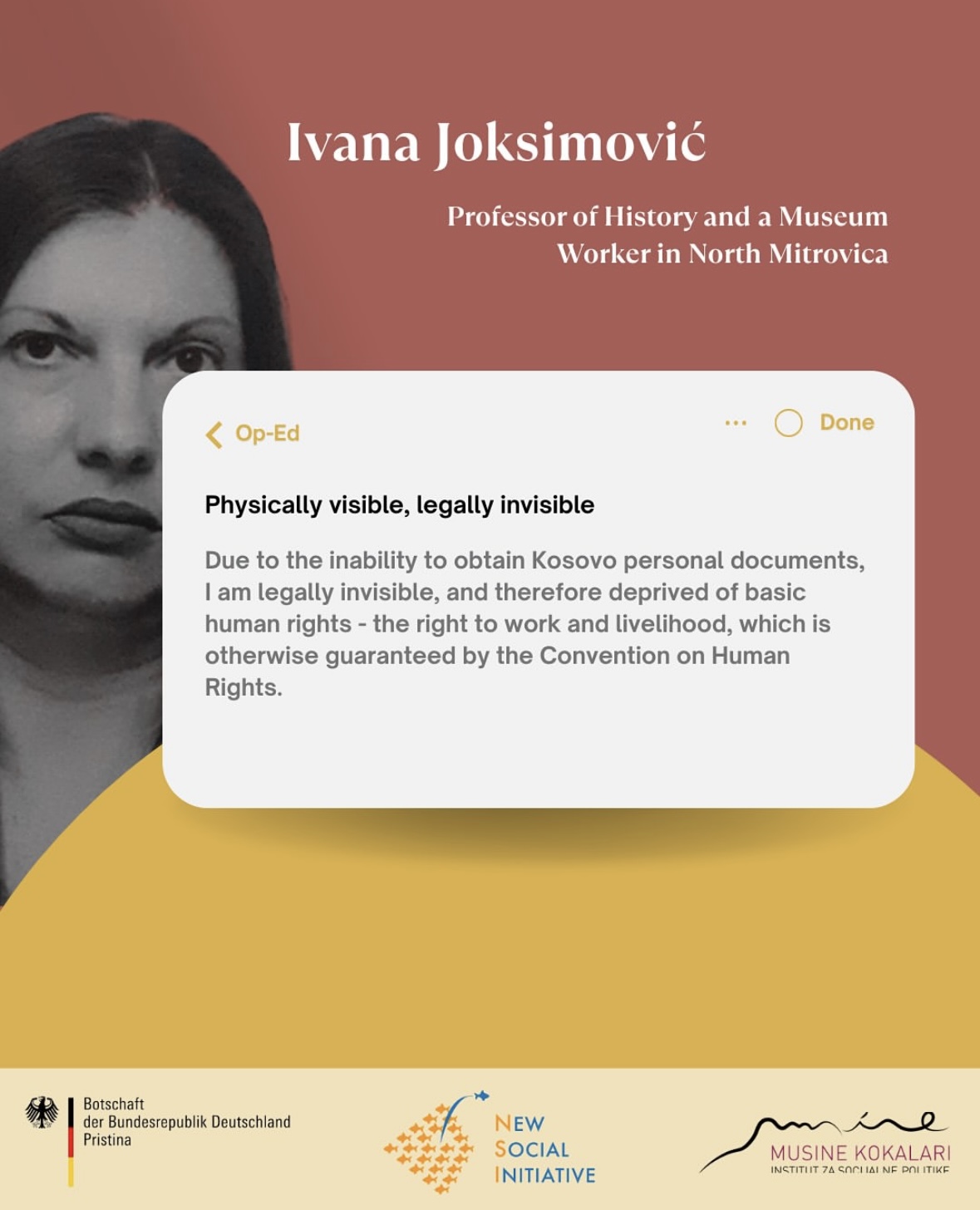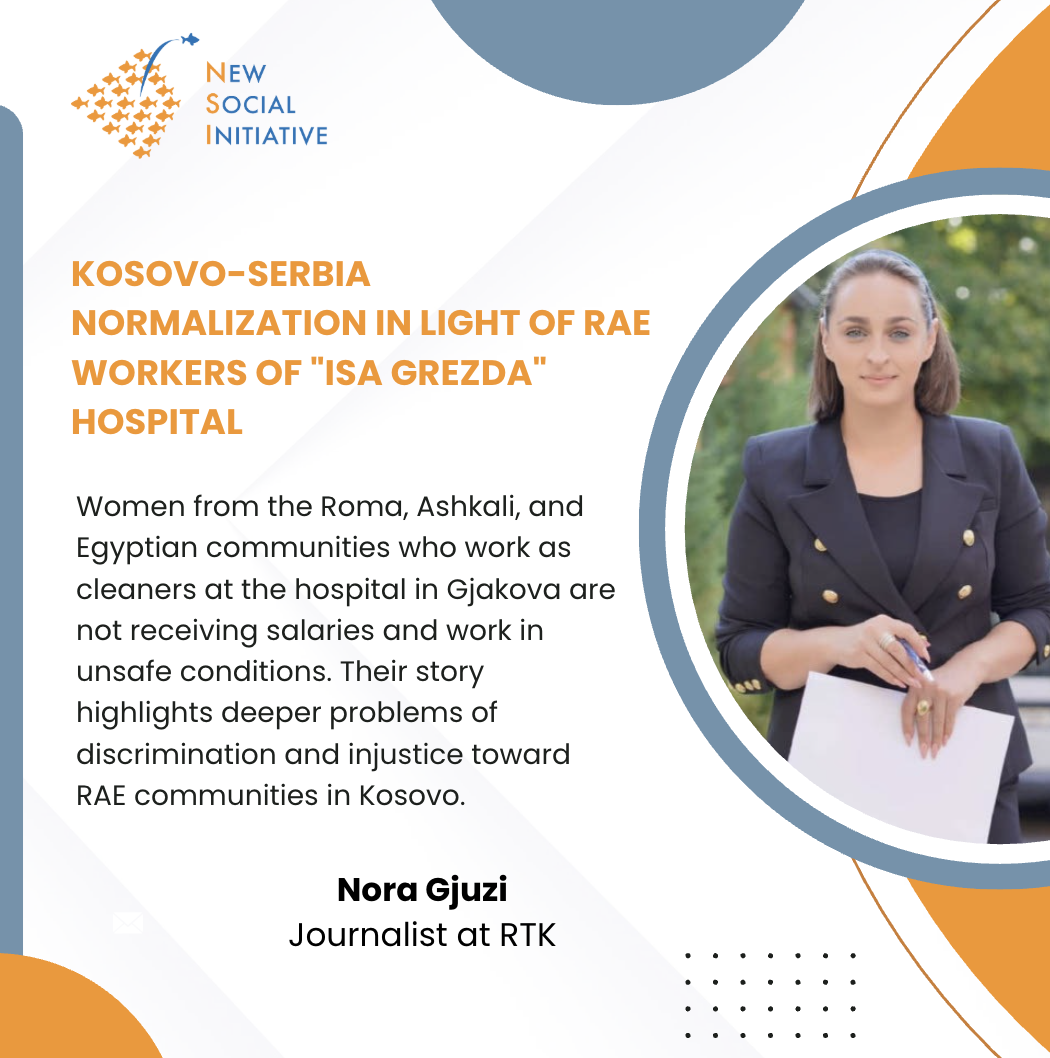As the Kosovo Peace and Democracy Summit 2024 concludes, we are left with valuable insights from the conference, but also pressing questions: What lies ahead for Kosovo-Serbia normalisation talks, and will they deliver tangible benefits for those on the ground? How can we keep the West focused on the Western Balkans in a constructive and effective manner amid multiple global crises? When, if ever, will Western Balkan nations join the EU, and what are the key obstacles to their accession? How can the growing influence of Russia and China in the region be curbed? Resolving these issues will likely take years and demand concerted effort from all parties and stakeholders. However, a prerequisite to addressing any of these challenges is a fundamental shift in the international community’s approach to the region.
The current approach to the Western Balkans has clear shortcomings, which have led to several issues. First, the Kosovo-Serbia normalisation talks can best be characterised as a “one step forward, two steps back” process. Each round of dialogue is often followed by a period of escalation, with both sides frequently failing to implement their verbal or written commitments. Second, Russian and Chinese influence is steadily increasing in the region, as demonstrated by Serbia’s refusal – and likely continued refusal – to impose sanctions on Russia following its invasion of Ukraine, despite the international community’s efforts.
Perhaps most concerning is the declining support for the European Union across the region. A recent poll conducted by the International Republican Institute (IRI) revealed that, while the EU and the West enjoy overwhelming support in Albania and Kosovo, the picture is far less optimistic elsewhere. In Serbia, a majority now favour maintaining ties with Russia. In Bosnia, Montenegro, and North Macedonia, fewer than 40% “unequivocally” support a pro-Western direction. Paul McCarthy, IRI’s Director for Europe, noted that although Serbia is a clear outlier in its anti-Western stance, “pro-Western tendencies have also softened in Montenegro and North Macedonia, despite their having become NATO members, as well as in Bosnia, where Turkey has replaced the United States as the key ally of Bosnian Muslims.”
McCarthy contends that “people are losing patience with the wait to join the European Union,” further suggesting that the swift manner in which Ukraine and other countries were offered a path to EU membership has only deepened this frustration in the Western Balkans. The perceived disparity in treatment has exacerbated feelings of neglect, leaving many in the region questioning the EU’s commitment to their long-term integration. The decline in support for the EU, coupled with waning confidence in the region’s eventual accession to the bloc, has created a vacuum that actors like China and Russia are increasingly stepping in to fill. As the EU’s appeal diminishes, both powers have been able to extend their influence, offering economic, political, and even cultural alternatives that resonate with segments of the population disillusioned by the prolonged accession process.
To address the current situation, the EU and the broader Western political community must take five key steps. First, they need to modernise their perceptions of the Western Balkans. Too often, events in the region are viewed through the lens of the 1990s, and while some issues from that era remain, the region has evolved significantly since then. A fresh, nuanced understanding of the Western Balkans is essential to accurately assess its current challenges and opportunities.
Second, while it is unrealistic to expect the Western Balkans to become the West’s primary focus – barring a crisis, which we obviously want to avoid – this does not justify the sporadic and reactive nature of current Western engagement. The region often only garners attention when something bad happens, which in turn, further feeds the 1990s framework of thinking that this region is somehow volatile and a powder keg of ethnic animosity waiting to explode.
Third, the West, particularly the EU, must establish effective enforcement mechanisms. A prime example is the Brussels Agreement signed over a decade ago between Belgrade and Pristina. Among its provisions, Kosovo committed to forming an Association of Serb Municipalities in the north, yet this has still not been implemented. Political will to fulfil this obligation is minimal to non-existent under Prime Minister Albin Kurti’s government. Moreover, a series of recent unilateral moves including the cancellation of Serbian dinar has caused further troubles in Kosovo, yet the EU has not developed an effective strategy to prevent such destabilising moves. The situation on the ground is far from ideal, characterised by multiple rounds of escalation, the most notable of which occurred in Banjska in September 2023, resulting in the deaths of four individuals. Overall, the EU needs to have robust mechanisms to ensure that commitments are honoured and progress made. Otherwise, without clear consequences for non-compliance, agreements will become hollow promises.
Fourth, the West and the EU need to work to improve their positioning and imagery among the general population – which means more, and more positive, direct engagement with the people of this region. Building trust and support will depend on demonstrating the real benefits of closer ties with the West, rather than relying on abstract promises of future membership or economic prosperity. This means more visible presence of prominent EU, and other Western politicians.
Finally, and on a more abstract level, EU politicians need to foster an environment in which the people of the Western Balkans feel like genuine members of the European community, and where the EU itself appears eager to welcome the region into the bloc. The seemingly never-ending accession process, coupled with the lack of enthusiasm for enlargement in certain EU circles, and the swift progress made by Ukraine and other countries, has led many in the Western Balkans to feel that EU membership is little more than an empty promise. There is a growing perception that the EU is not truly committed to integrating the region, which has fostered disillusionment. To reverse this, the EU must not only accelerate the accession process but also visibly demonstrate that it values the Western Balkans as an integral part of Europe’s future.
Many challenges persist in the Western Balkans, and the region remains far from realising its full potential. The people and their political representatives have significant work ahead to advance the region, with much of the responsibility resting locally. However, the international community’s role is also vital, and at present, its contribution is limited and not as constructive as it could be. By implementing the five changes outlined earlier, the region stands a better chance of strengthening its ties with the West, which is essential for addressing the many challenges it faces. Failure to make this shift on the part of the international community carries serious risks, potentially alienating the region from the West and exacerbating existing problems.










